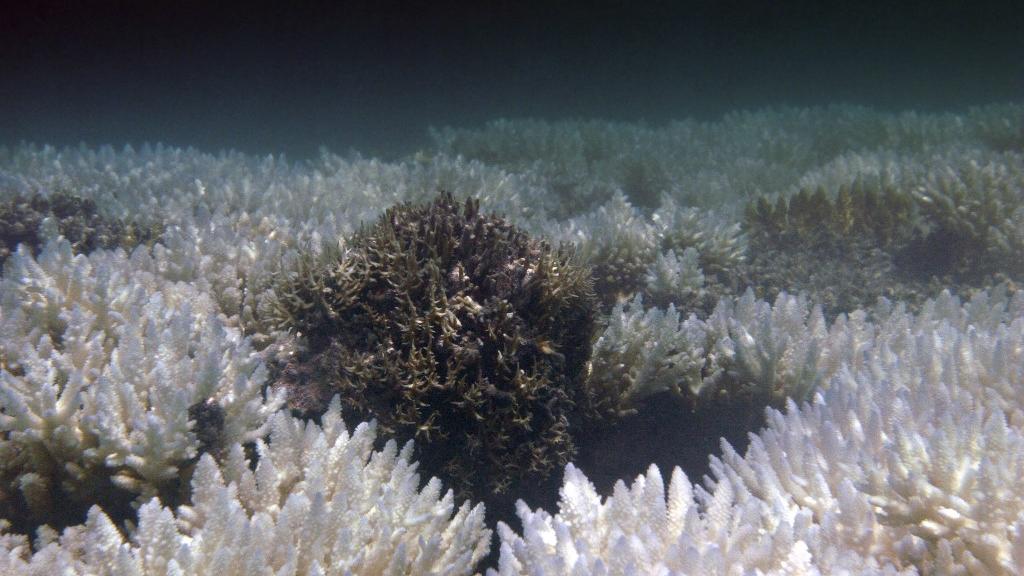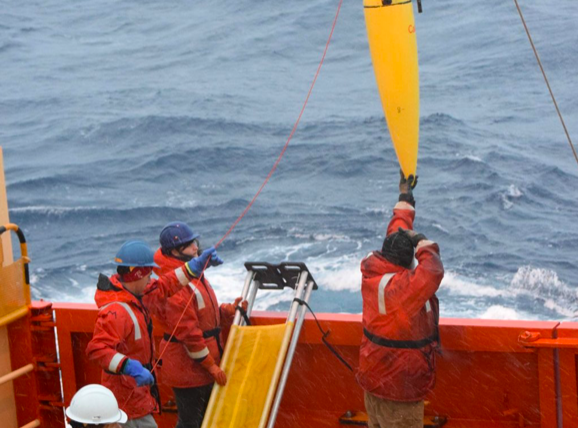The Seychelles have carved out a niche in high-end tourism, which alone accounts for 30% of the country’s economy. Several luxury hotels have now partnered with coral reef restoration projects. Gone are the days of simply lounging with a cocktail in hand—tourists can now get involved in coral propagation efforts.
WiseOceans, an organization focused on marine conservation, restoration, and education, offers engaging and educational activities to the affluent clientele of its partner hotels.
Like many tropical regions around the world, the coral reefs in the Seychelles are severely affected by increasingly frequent mass bleaching events, largely due to rising ocean temperatures. Bleaching occurs when zooxanthellae—the microscopic algae that live in symbiosis with corals and give them their color—are expelled.
Since the first and worst bleaching event in 1998, scientists estimate that over 80% of the coral in some parts of the archipelago has disappeared. “Due to the rise in sea temperature, the coral becomes stressed and expels the algae from its tissues because it starts producing too many toxins. The coral turns white. It’s not dead yet, it’s still alive, but it has no more food,” explains Fantine Soulat during a workshop with two French couples. Soulat is a marine biologist with WiseOceans, based year-round at a five-star hotel in Baie Lazare on the island of Mahé.
If the stress on the bleached coral is reduced, it can recover and regain its color. That’s the goal of the tourist workshops organized by WiseOceans: to reintroduce coral into a protected environment—a nursery in the lagoon—allow it to grow, and then transplant it to a reef about nine months later.
Attractive Activities
The guests who take part in these workshops are thrilled—and Seychellois hotels have taken note. According to Oliver Kuhn, manager of the Kempinski Seychelles Resort where Soulat works, this “eco-luxury” positioning meets a growing demand: “Today, our guests are looking for more experiences. This one is fantastic because they can learn, practice, and observe everything on site,” he says. “Some guests stay with us for three or four weeks. We need to have plenty of activities to keep them engaged: coral restoration, coral adoption programs, guided snorkeling tours along the reef,” he adds.
These initiatives that blend tourism and environmental awareness are gaining traction across the archipelago. But while they help raise awareness about coral, they are, unfortunately, only “a band-aid,” admits Fantine Soulat, and cannot, on their own, stop the massive decline of the reefs.
Source: rts




